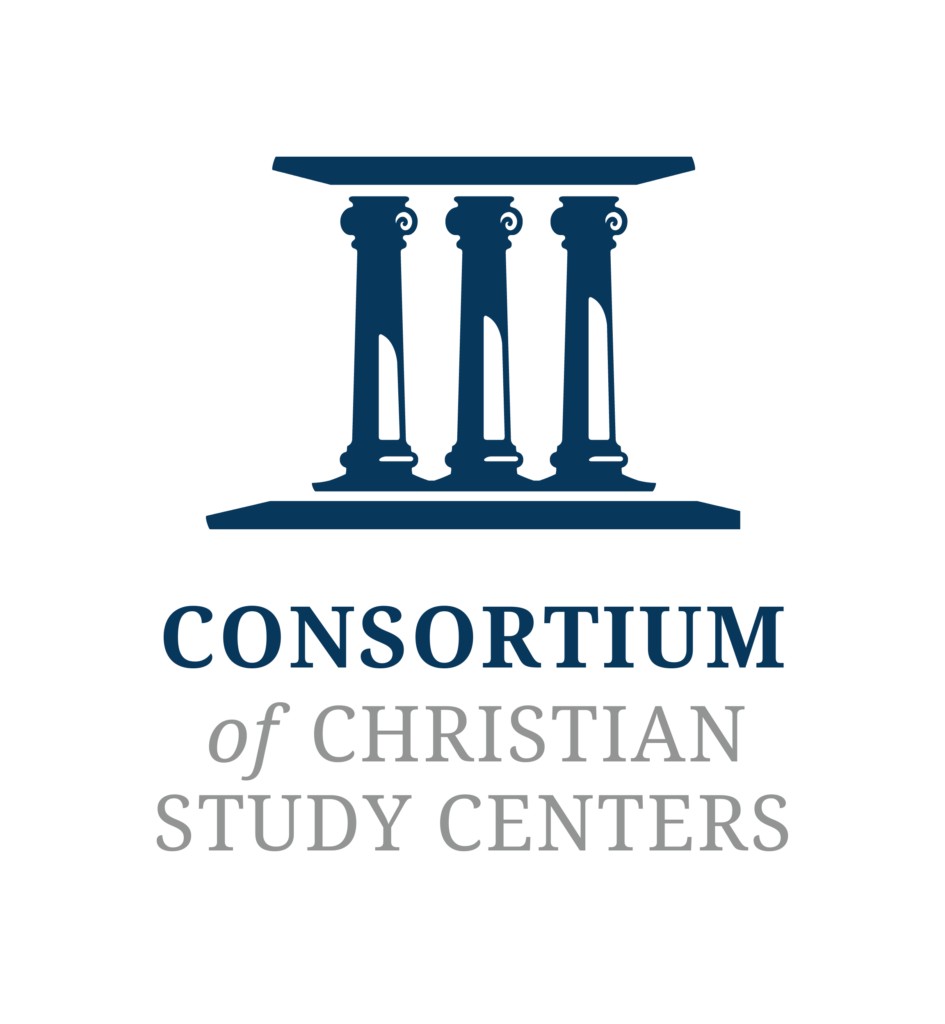
- This event has passed.
Saving & Poverty: How Savings Banks & Credit Unions Help Prevent Poverty
May 19, 2022 @ 12:00 pm - 1:00 pm EDT
$10 – $15
Developing a culture of saving is key to poverty prevention, as it encourages self-help, prudence, independence, and personal responsibility.
The Acton Institute will consider how local, self-governed, voluntary savings associations and banks encourage these virtues. It will also look at some historical examples from Victorian England, reflecting on ideas of locality, self-governance, and self-help. Do trends in the direction of large, national, even global banking institutions best serve these ideals? And what are the implications of the loss of diversity in institutional and local provisions for personal saving? Finally, what does all this tell us about the nature of civil society?
Rev. Dr. Richard Turnbull is the Director of the Centre for Enterprise, Markets and Ethics. He is also the chairman of the trustees of the Christian Institute. He holds a degree in Economics and Accounting and spent over eight years as a Chartered Accountant with Ernst and Young. Richard also holds a first class honours degree in Theology and PhD in Theology from the University of Durham. He was ordained into the Church of England in 1994 and served in the pastoral ministry for over 10 years. From 2005-2012 he was the Principal of Wycliffe Hall, Oxford. He has authored several books, including an acclaimed biography of Lord Shaftesbury, is a Fellow of the Royal Historical Society and a visiting Professor at St Mary’s University, Twickenham.
